
Join Rabbi Dr. Mitchell Rocklin as he guides listeners through the grand history of Western civilization. This series will examine the great thinkers, key texts, important leaders, and crucial moments that define the West and propel its story forward – all from a uniquely Jewish perspective.
Every week, Rabbi Rocklin will release two 40-minute episodes that will focus on a particular dimension of this unfolding civilization. These lecture-based episodes will be punctuated at periodic intervals by conversations with scholars and special guests.
Over the course of two years, this series will cover the profound impact of Abraham and Moses, the enduring legacy of Hesiod and Homer, the philosophical inquiries of Plato and Aristotle, the virtues of Cicero and the vices of the Roman Empire, the intellects of Maimonides and Aquinas, the art of Michelangelo and Raphael, the literature of Shakespeare and Cervantes, the music of Bach and Mozart, and the poetry of Blake and Byron. And at every turn, we will consider how the Jewish understanding of man as covenantal, sacrificial, and redeemable was integral to the development of Western civilization.
This is a podcast for those craving a coherent and comprehensive overview of the West. Join us as Rabbi Rocklin delves into its origin and essence, exploring how the collision and fusion of Jewish traditions and Greco-Roman culture forged our new civilization.



An opening conversation between Eric Cohen and Rabbi Rocklin. Embark on a journey through the greatest works in Western civilization from a Jewish perspective.


In today’s episode, Rabbi Rocklin asks: What makes Western culture worth studying and preserving?


This episode explores the meaning of "culture" and the lasting influence of Judaism's unique understanding of the divine-human relationship.


In today’s episode, Rabbi Rocklin explores how pagans and Jews differ on the relationship between man and God.


What does it mean to live well as a human being? The covenantal Jew introduced a new answer that fundamentally shaped the West.


In this next episode, we go back to the roots of civilization with an overview of the great kingdoms of the Ancient Near East.


As we consider the civilizations that the Bible was up against, we now turn our attention to Egypt.


The great empires of the Ancient Near East begin to mingle as we move forward from the Bronze Age to the Iron Age.


With the backdrop of the wider geopolitical affairs of the Ancient Near East, we turn our attention to the Jewish people.


The conquests of the Neo-Assyrian, Neo-Babylonian, and Persian empires will completely upend the Ancient Near East.


The oldest surviving myth from the Ancient Near East sheds remarkable insight into the pagan mindset.


In contrast to the pagan world, the Biblical creation story is ordered, purposeful, and covenantal.


The Biblical approach to politics is yet another arena that is drastically affected by the covenant.


Now that we understand what a covenant is, we turn to the Hebrew Bible to see what it means to live a life according to that covenant.


Although Ancient Greece is long gone, its legacy stands until today, influencing and enriching culture throughout time.


Today, we step back in time to explore the earliest Greek civilizations.


The earliest Greek mythologies come to us from Hesiod, to whom we turn for a glimpse into the Ancient Greek psyche.


The difference between the Jewish and Greek worldviews come into even sharper focus with a careful study of the ancient Greek myths.


The concept of sacrifice is one that differs sharply from the pagan to the covenantal setting.


The way in which we choose to live will be affected by whether we live with Greek outlook or a Jewish one.


We turn our attention now to The Iliad, which is one of the most fundamental texts in western civilization.


Rage, honor, and fate continue to drive The Iliad to its ultimate, tragic end.


The gods and fate continue to control mankind, but The Odyssey will now add a third element: human folly.


The Persian Empire dominated the Ancient Near East, affecting Jews and gentiles alike.


The rivalry between Athens and Sparta is one that has ignited minds and passions for generations.


Herodotus is sometimes called the “father of history,” because he fundamentally changed the way humanity viewed its own story.


Not even the Peloponnesian Wars could stop the continued development of culture in Athens.


Thucydides takes one step beyond Herodotus in his approach to history.


The grandeur of Greek thought is captured in the heart of Greek tragedy.


Athens’ contributions to the development of the west would be vastly incomplete without its invention of philosophy.


Plato’s Republic is one of the most foundational texts in the western canon.


Our study of Plato’s Republic continues with Socrates’ remarkable insight into human nature.


The death of Socrates sets off a new phase in the world of philosophy.


In his closing arguments, Socrates will continue to insist that the unexamined life is not worth living.


The questions that animate the spirit of the west can be found in Plato’s dialogues.


Socrates had another student who, unlike Plato, has been relegated to the dusty shelves.


The next great thinker in the world of philosophy was Plato’s greatest student, Aristotle.


To Aristotle, moderation is the key to happiness, both for the individual and in the political arena.


No discussion of Ancient Greece is complete without talking about its influence in the worlds of art and architecture.


The Hellenistic era will open the door for Greek and Jewish thought to finally meet and begin to wrestle with each other.


The next great power in western civilization will rise as Rome takes its place on the world’s stage.


The Rome that lives on in memory owes its legacy to one of its greatest historians: Livy.


The great Roman Republic eventually came crashing down in a series of civil wars and revolts.


In the tumult of the late Roman Republic, Cicero rose to greatness and glory.


Creating the Roman Empire was no easy task, and Octavian Augustus was the man for the job.


The Roman Empire will find its destiny rooted in Virgil’s epic, The Aeneid.


Rome’s founding narrative continues to take shape as we move forward in The Aeneid.


The relationship between Rome and the Jews is critical to the further development of western civilization.


The legacy of Roman poetry is one that has stayed with us for generations.


The period following the reign of Augustus was a tumultuous one in Rome.


The height of the Roman Empire will come during the second century of the common era.


Plutarch’s writings remain just as relevant today as they were when he wrote them.


It is impossible to understand the west without understanding Christianity.


Christianity and Judaism eventually split in a fundamental way.


Josephus’ chronicling the story of the Jewish revolt would reverberate across the next two millennia of Jewish history.


The story of Masada is one that holds great weight in the collective Jewish memory.


Tacitus and Juvenal are vastly entertaining in their critiques of the world around them.


There are many ways to explain a text, yet Midrash remains one of the most important.


The instability that became the hallmark of the late Roman Republic rears its head again in the late days of the Empire.


As the western half of the Roman Empire fell apart, the eastern half remained a dominant force.


The codifying of the Talmud marked a major turning point for Jewish life and law.


Islam has been making headlines since it was founded in the seventh century CE.


The Jewish population of Spain thrived under Muslim rule.


As the sun set on the Greco-Roman era, a new dawn will break over Christian Europe.


The next chapter in the story of the west is the Middle Ages, centered around Catholic Europe.


The structures of government in the Middle Ages are quite different from what we have today.


The Middle Ages will see the continued development of the relationship between God and man.


The tension between intellectual reason and divine revelation stands at the heart of the Medieval spirit of inquiry.


The Middle Ages were marked by a contradiction between the stability of settling down and a dynamic spirit that inspired greatness.


The greatness of the thirteenth century will collapse into the disasters of the fourteenth.


The disasters of the fourteenth century triggered reactions that involved and impacted the highest levels of the Roman Catholic Church.


When it came to establishing the doctrine of the Catholic Church, there are few quite as important and influential as Augustine.


Life as a Jew in the Middle Ages was difficult across both Christendom and Islamic lands.


The Medieval Islamic world was very advanced in its scholarship and studies, and in some instances surpassed the scholars of Europe.


Maimonides arguably was the greatest philosopher of the twelfth century.


The next great philosopher in the tradition of western thought was Thomas Aquinas.


The worlds of legal structures and romantic entanglements take a huge step forward during this time period.


The tragic heroes of the classical era now give way to the new type of hero who will arise in Medieval literature.


Passion, love, and romance take center stage in Medieval chivalric literature.


Tales of knights, lords, and ladies have held a prominent position in the western imagination since they were first told.


Dante and Bocaccio did more to develop vernacular writing than perhaps any other writers of their era.
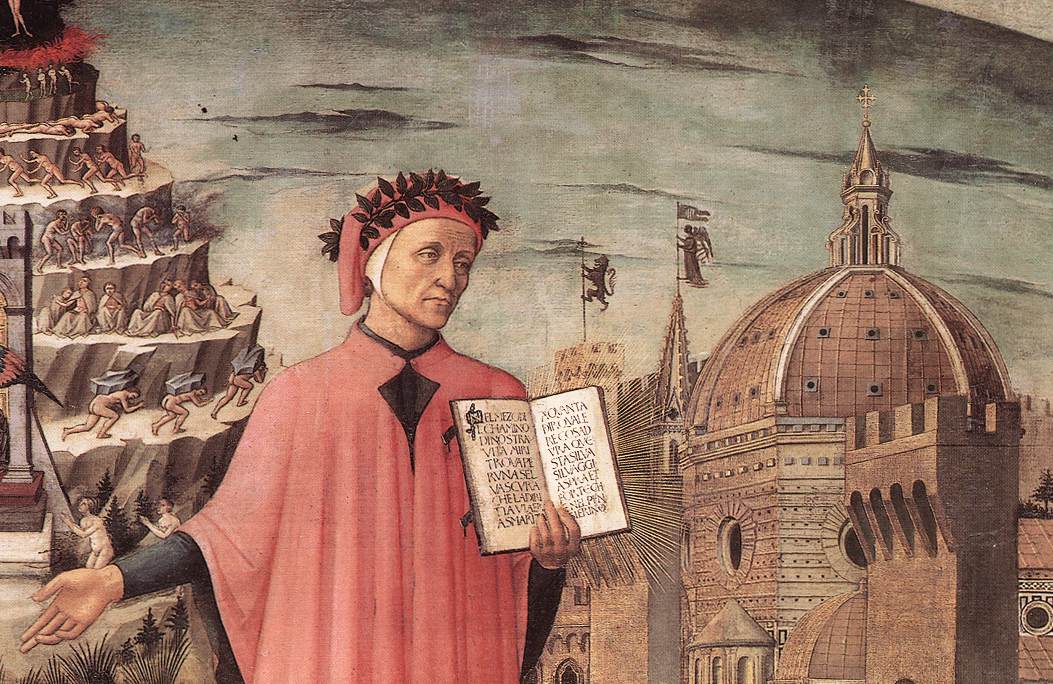

Chaucer is arguably the most famous writer of the Middle English period.
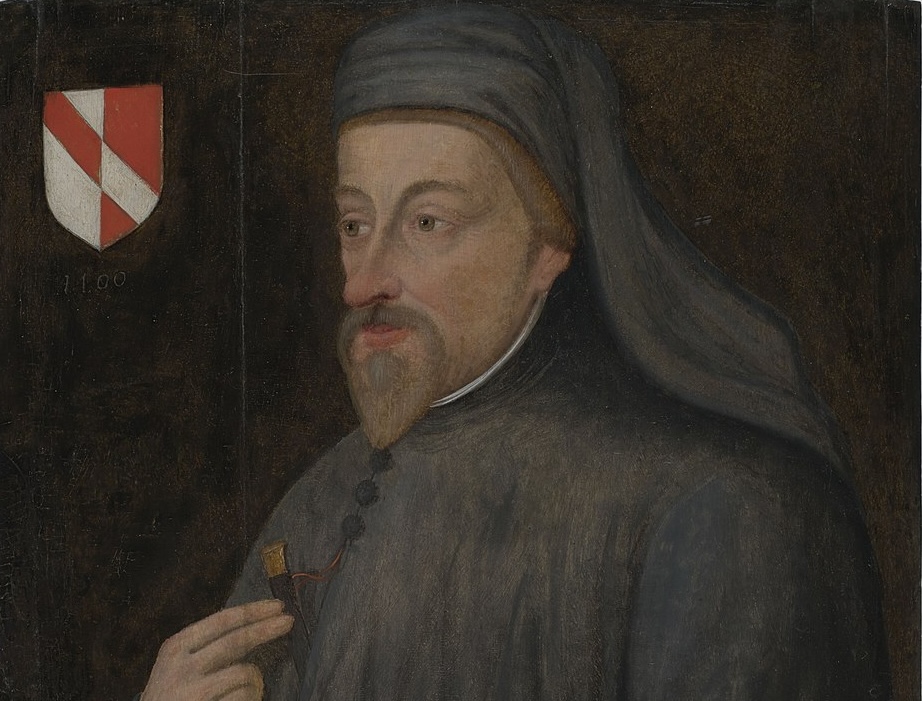

A new era dawns on history as the Renaissance begins.
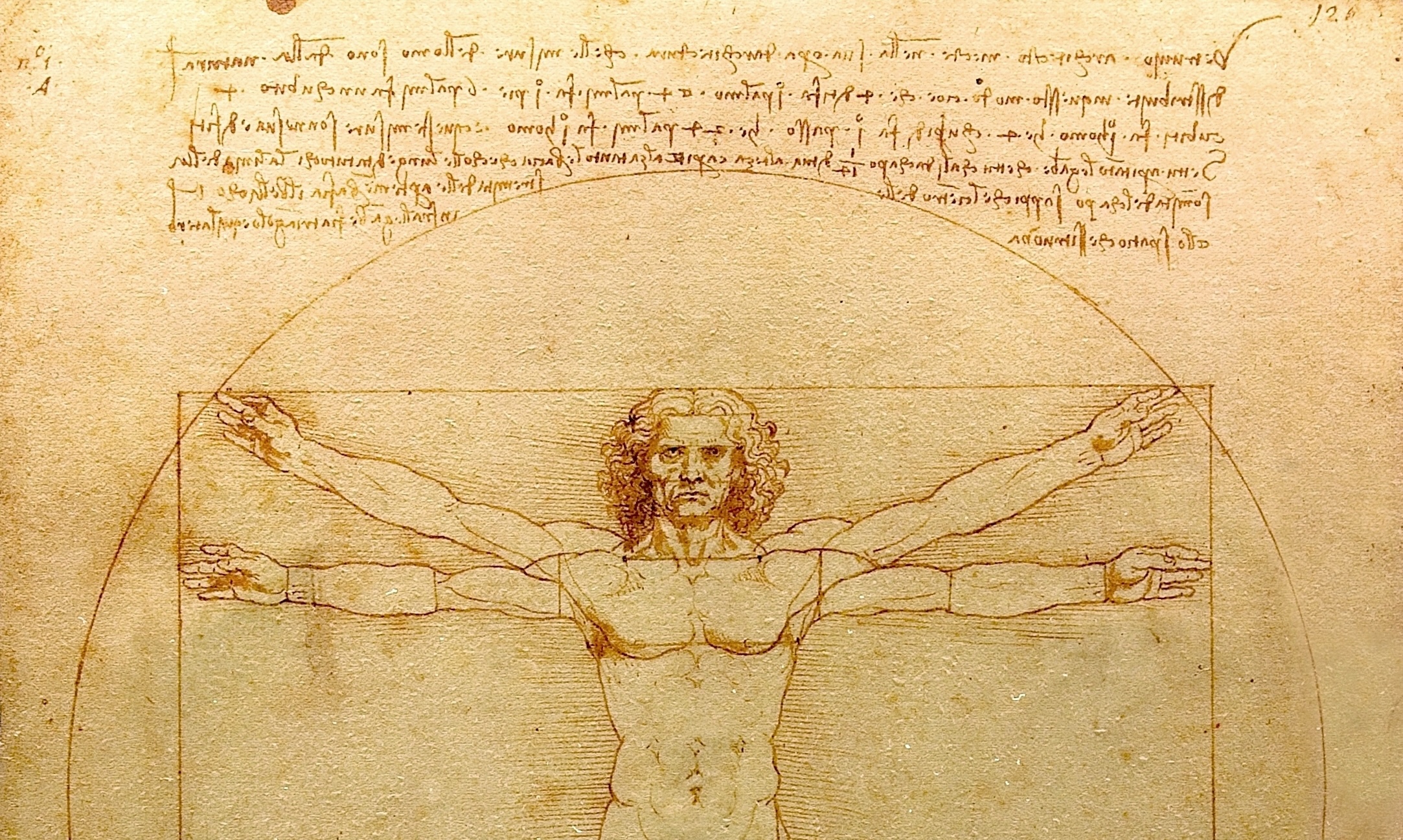

The notion of human dignity takes center stage as humanism comes to the fore with Petrarch and Pico.
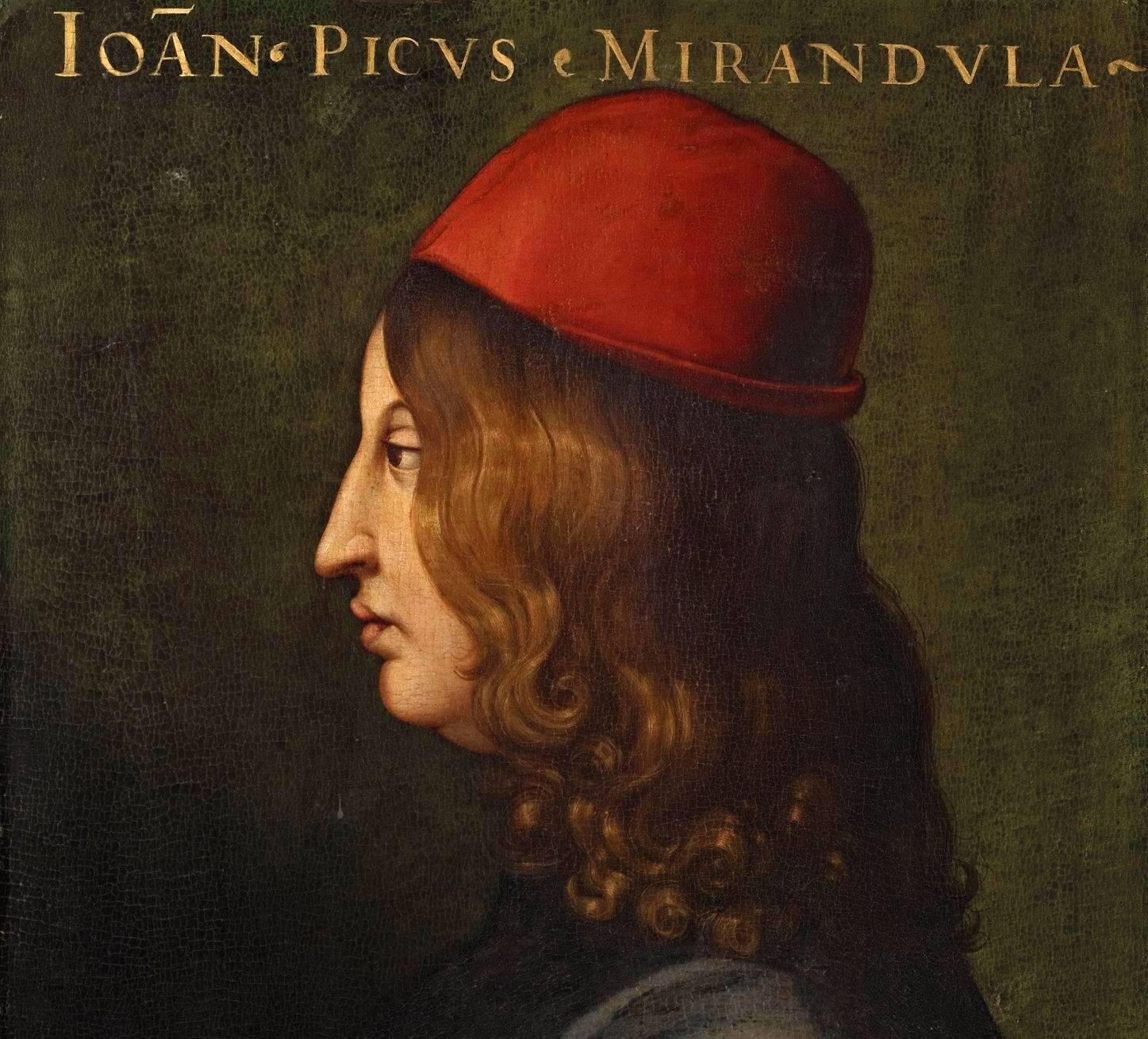

Modern politics cannot be fully understood without Machiavelli.
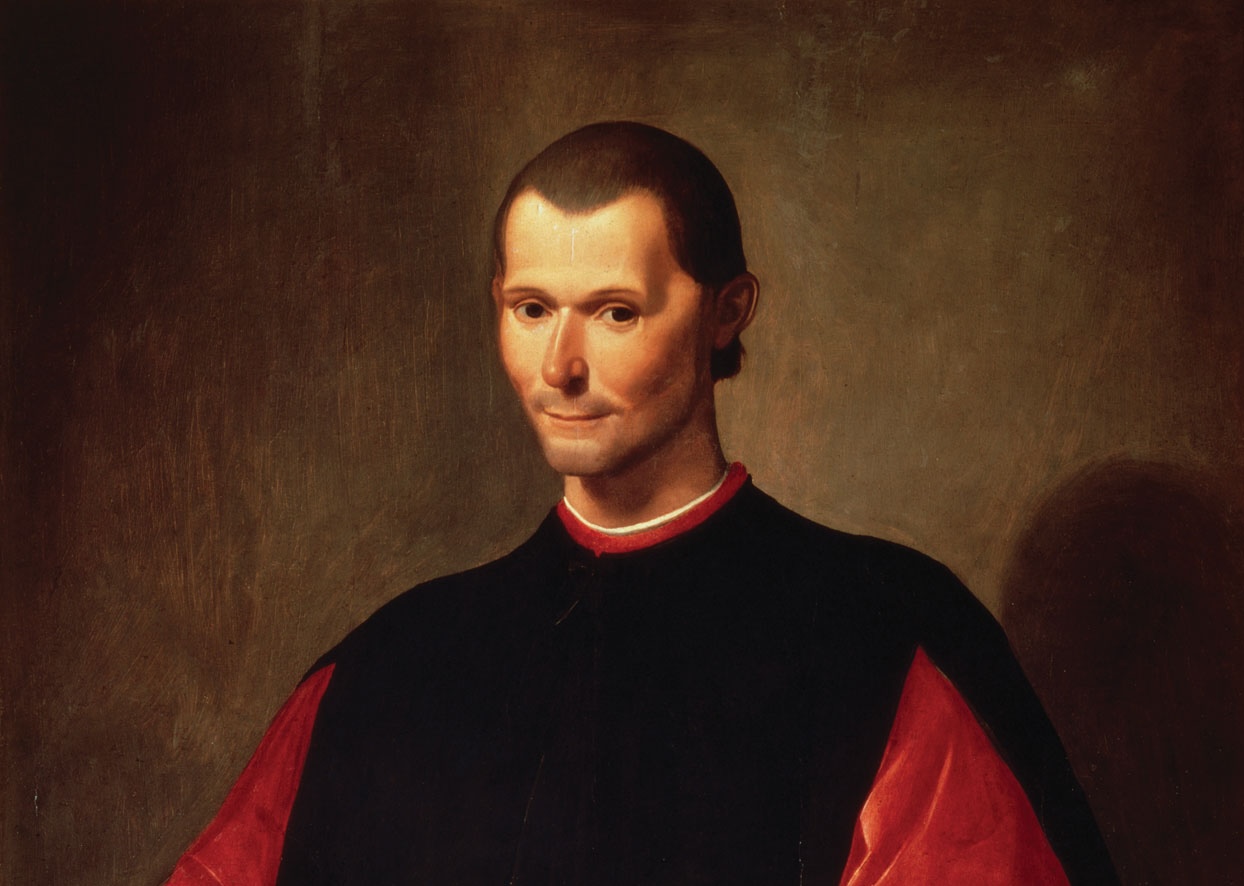

The Northern Renaissance may be infused with the same spirit as the Italian Renaissance, but it manifested in uniquely northern European ways.
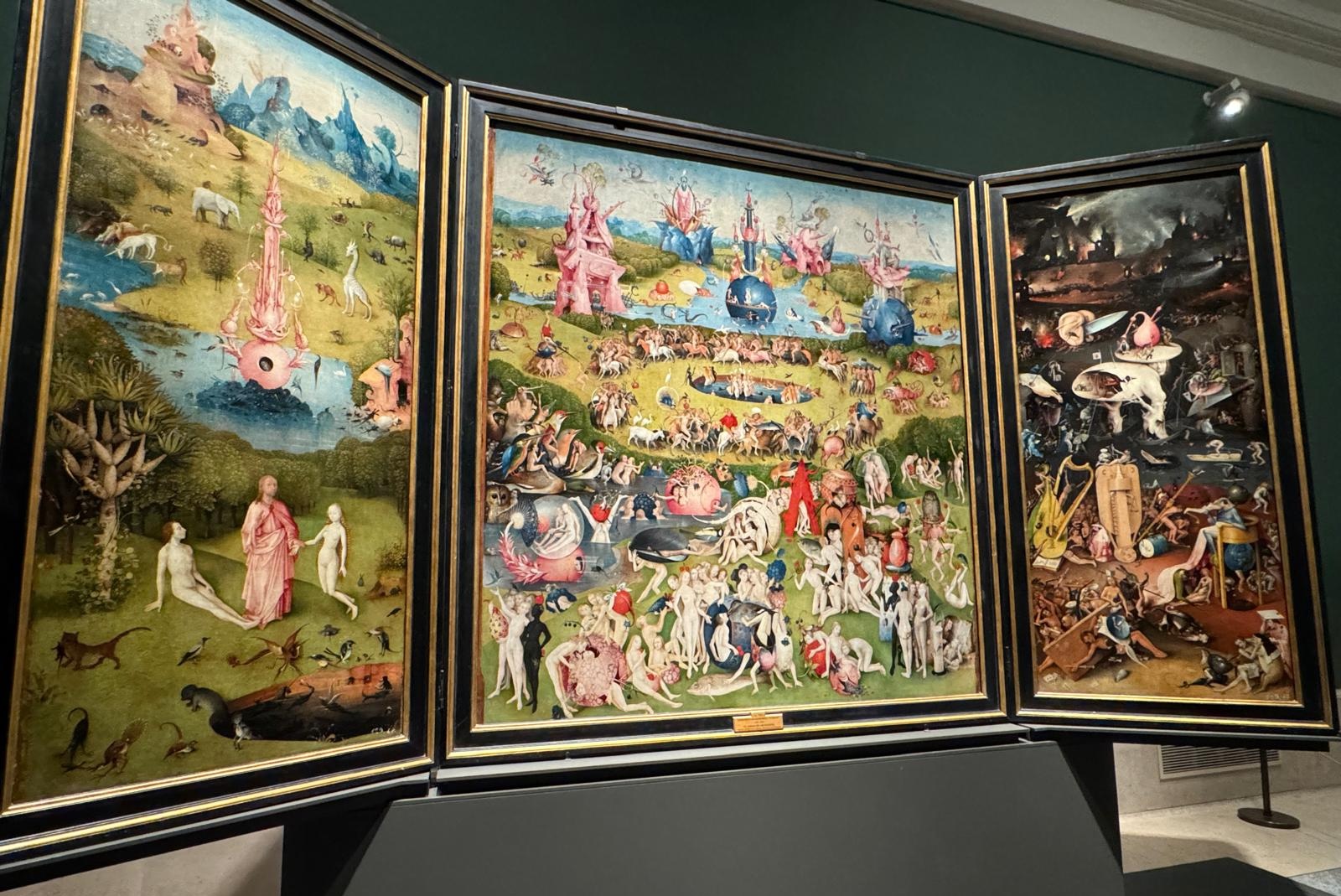

Consolidation of power will dramatically alter politics, wars, and loyalties in Europe.
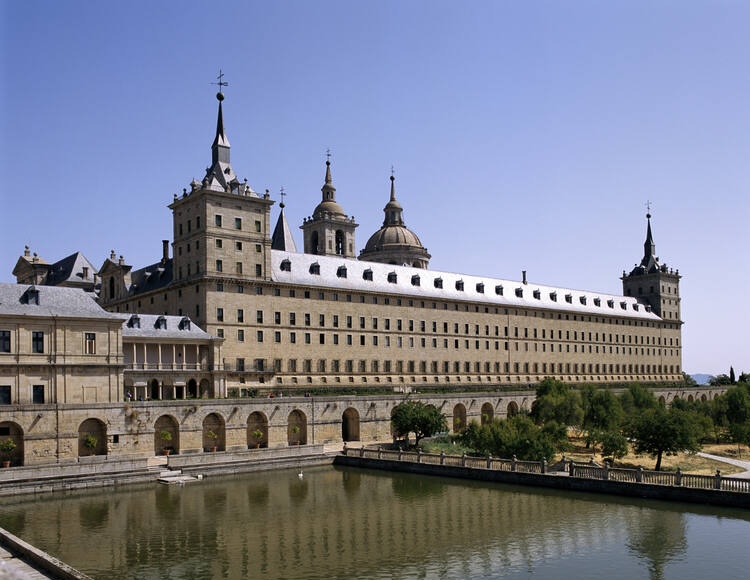

The spirit of discovery in the Renaissance will push Europe to expand its trade horizons and reshape its economy.


Few events in Christian history had a more dramatic impact than the Protestant Reformation.


Political turmoil swept across Europe in the wake of the Protestant Reformation.


Erasmus was arguably the greatest scholar and foremost humanist of the Northern Renaissance.


In the aftermath of the Protestant Reformation, religious Europe continued to splinter.
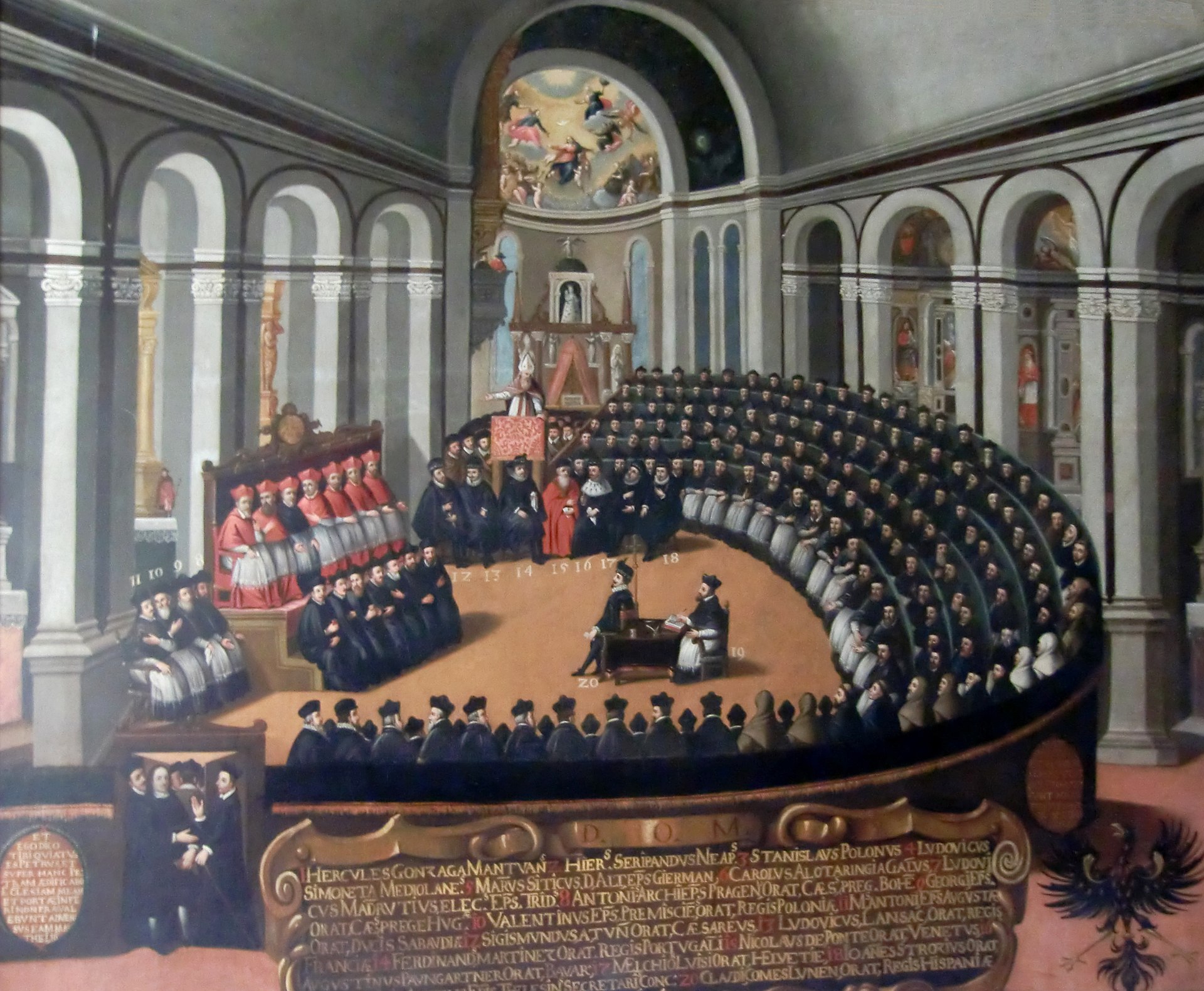

The amount of bloodshed that took place following the Protestant Reformation is staggering.
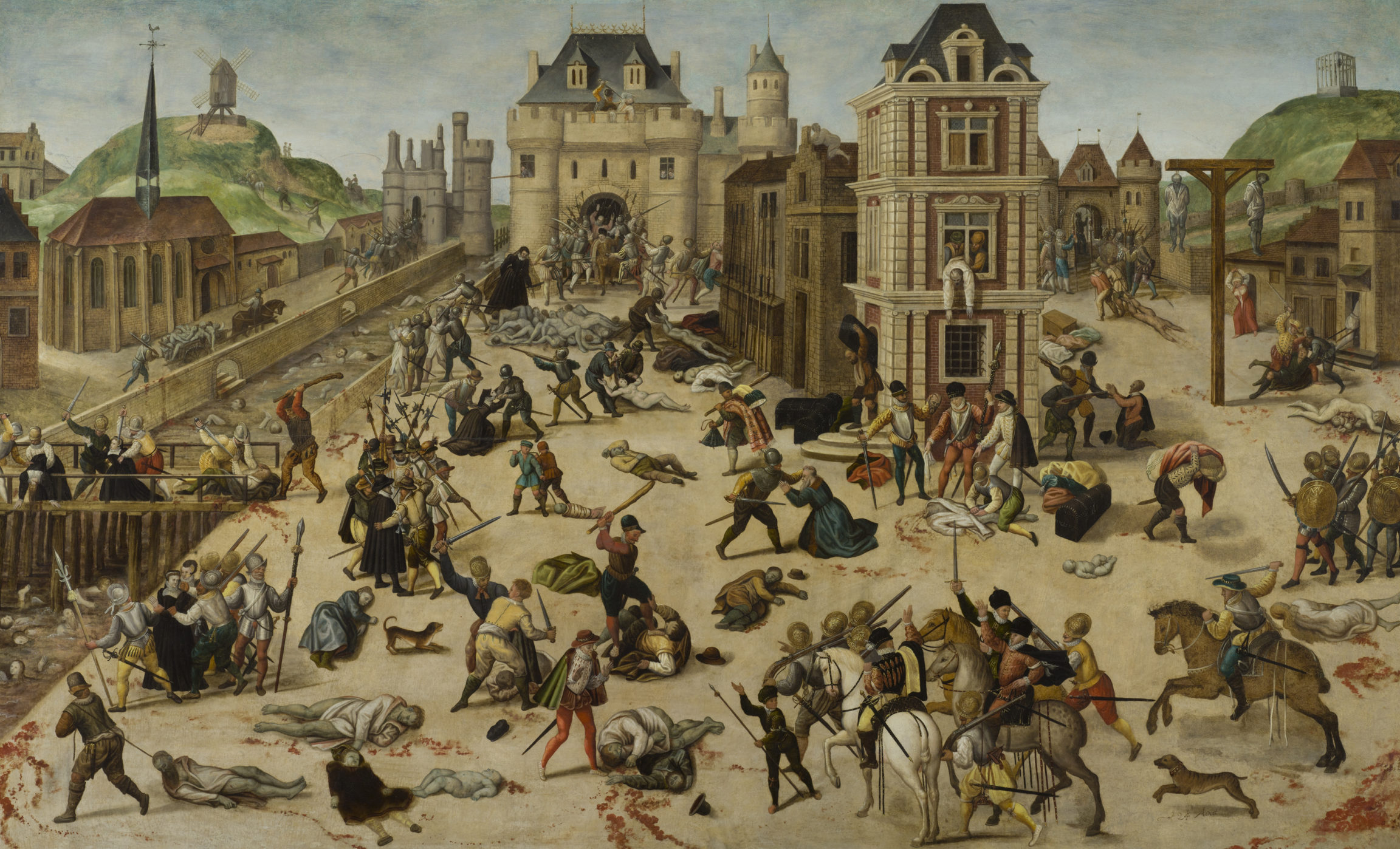

The study of Kabbalah—Jewish mysticism—will play an outsized role in shaping not only Western thought but even modern science.
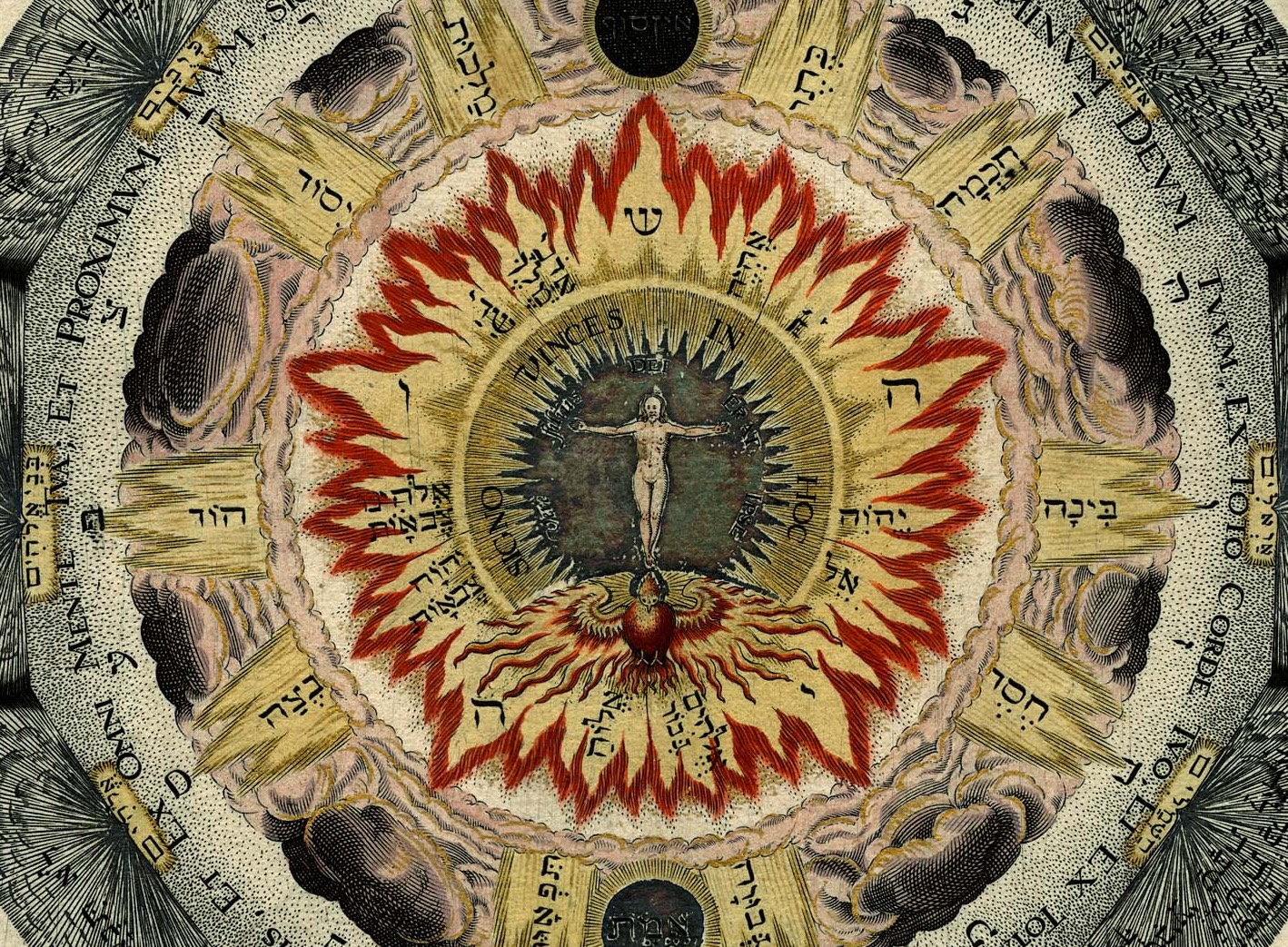

Modernity continues to emerge with the writings of Montaigne and Shakespeare.
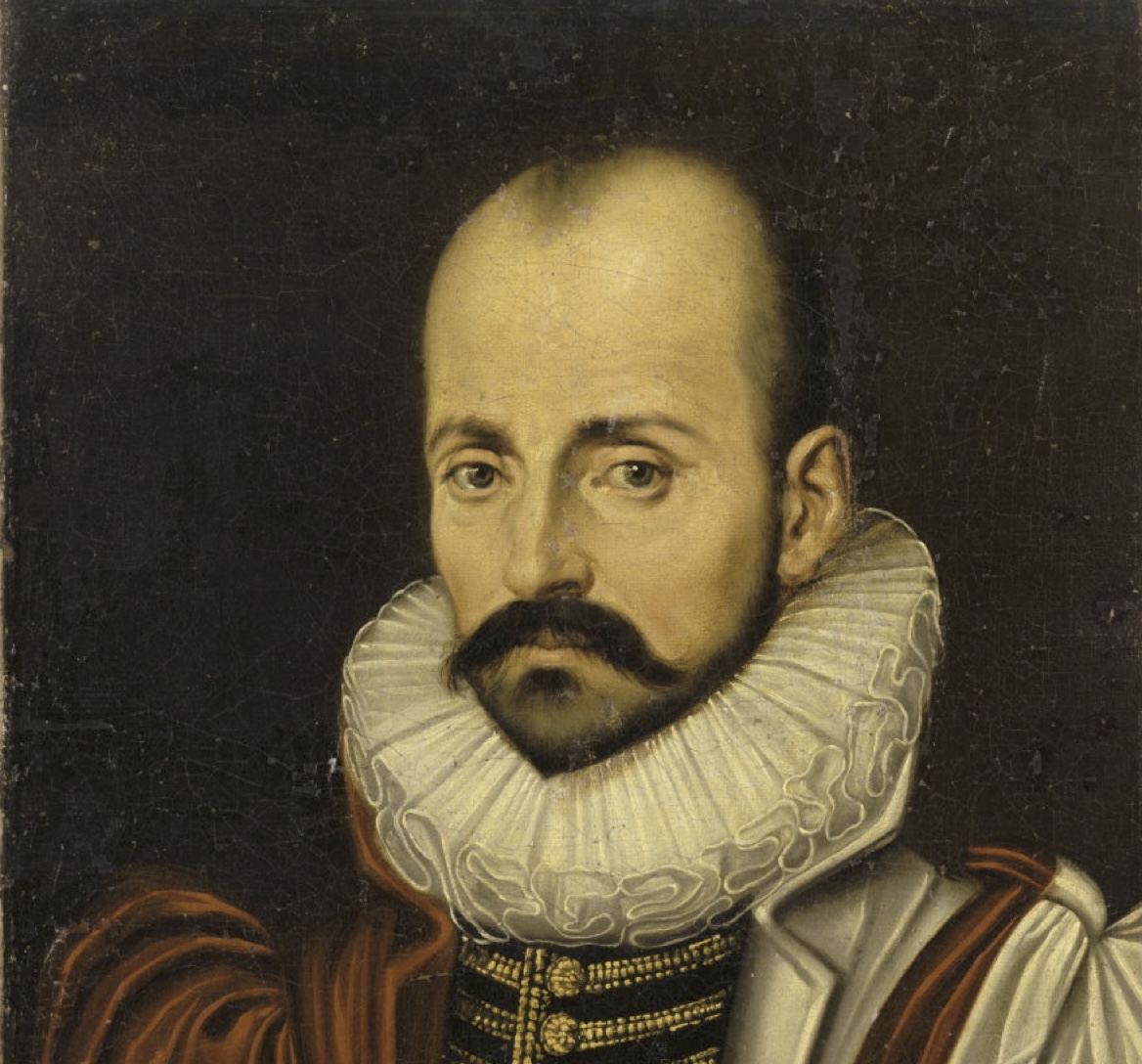

Arguably Shakespeare’s greatest play, Hamlet will catapult us into the modern era of literature.


For good reason, Shakespeare is one of the most famous and most influential writers of the English language.


The Jewish communities of Renaissance Italy were unusual in their interactions with their Christian neighbors.
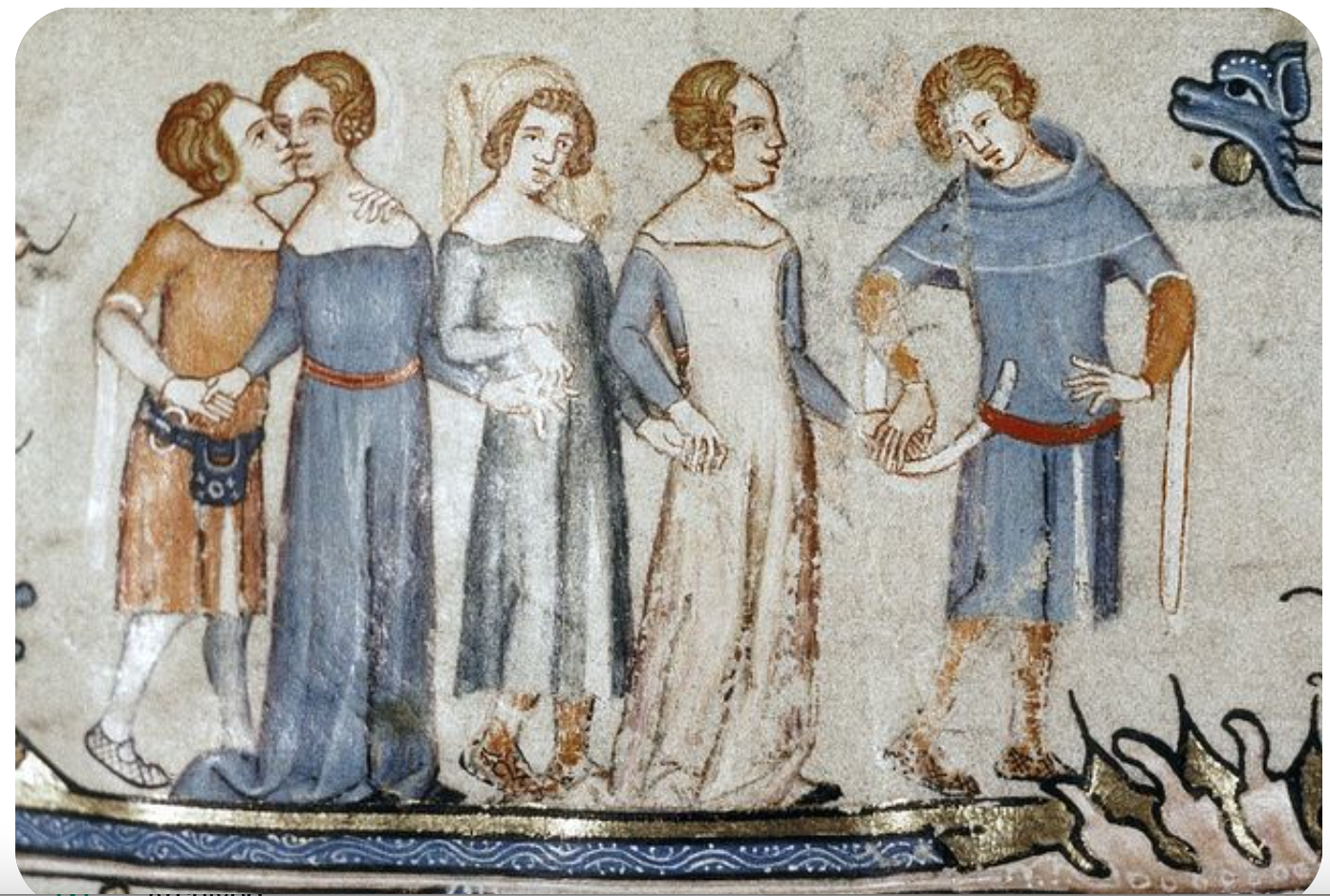

The first modern novel employs humor and satire to explore what it means to be an individual.
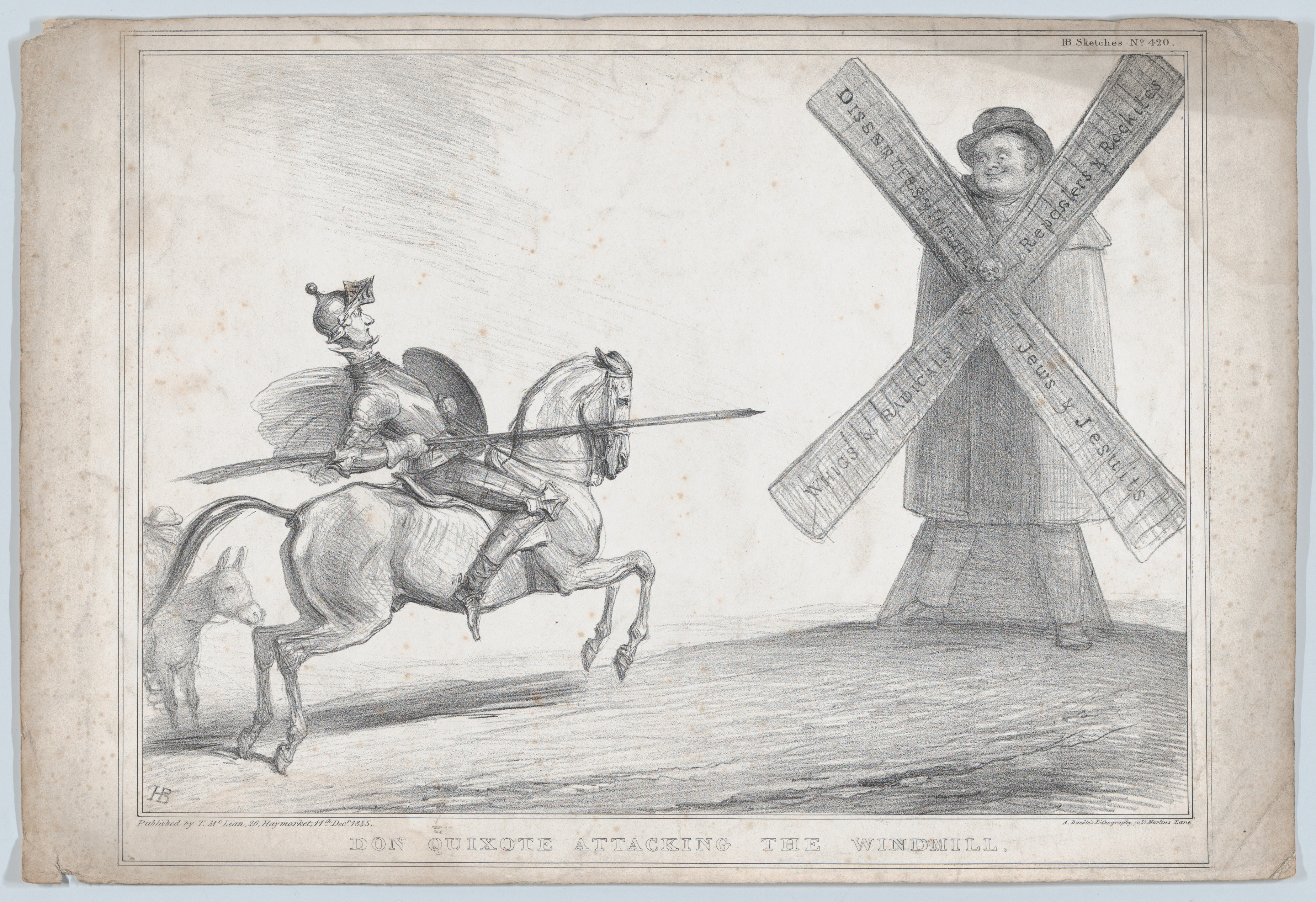

Miguel de Cervantes will propose a new type of hero for an age that has moved beyond the knight in shining armor.

Rabbi Mitchell Rocklin is the Academic Director and Dean ofthe Lobel Center for Jewish Classical Education.
Rabbi Rocklin is an experienced educator with expertise in classical curriculum development. He has worked with teachers around the country to produce history and literature curricula that have been used in dozens of schools. He also developed a high school integrated humanities curriculum that was designed for Jewish day schools. This innovative program was profiled in the Wall Street Journal (“Jerusalem Meets Athens in New Jersey”). Rabbi Rocklin serves on the advisory board of Emet Classical Academy, America’s first Jewish classical school.
He received his PhD in history from the CUNY Graduate Center, held postdoctoral fellowships at Princeton University and Yeshiva University, and taught at both CUNY and Princeton. Rabbi Rocklin also is a chaplain in the Army National Guard with the rank of Major. His writings have been featured in publications including the Los Angeles Times, National Review Online, the Daily Wire, the Forward, the Public Discourse, and Mosaic.


The Lobel Center was founded in 2023 with a bold purpose: to build a movement around Jewish classical education. Through a variety of programs aimed at teachers, administrators, and allies, the Center seeks to promote the ideas, approaches, and spirit of this movement.
The Center has four major initiatives:
To learn more, please visit our website.
The Lobel Center is a project of Tikvah, a think tank and educational institution dedicated to educating the rising generation of Jewish, Zionist, and American leaders.